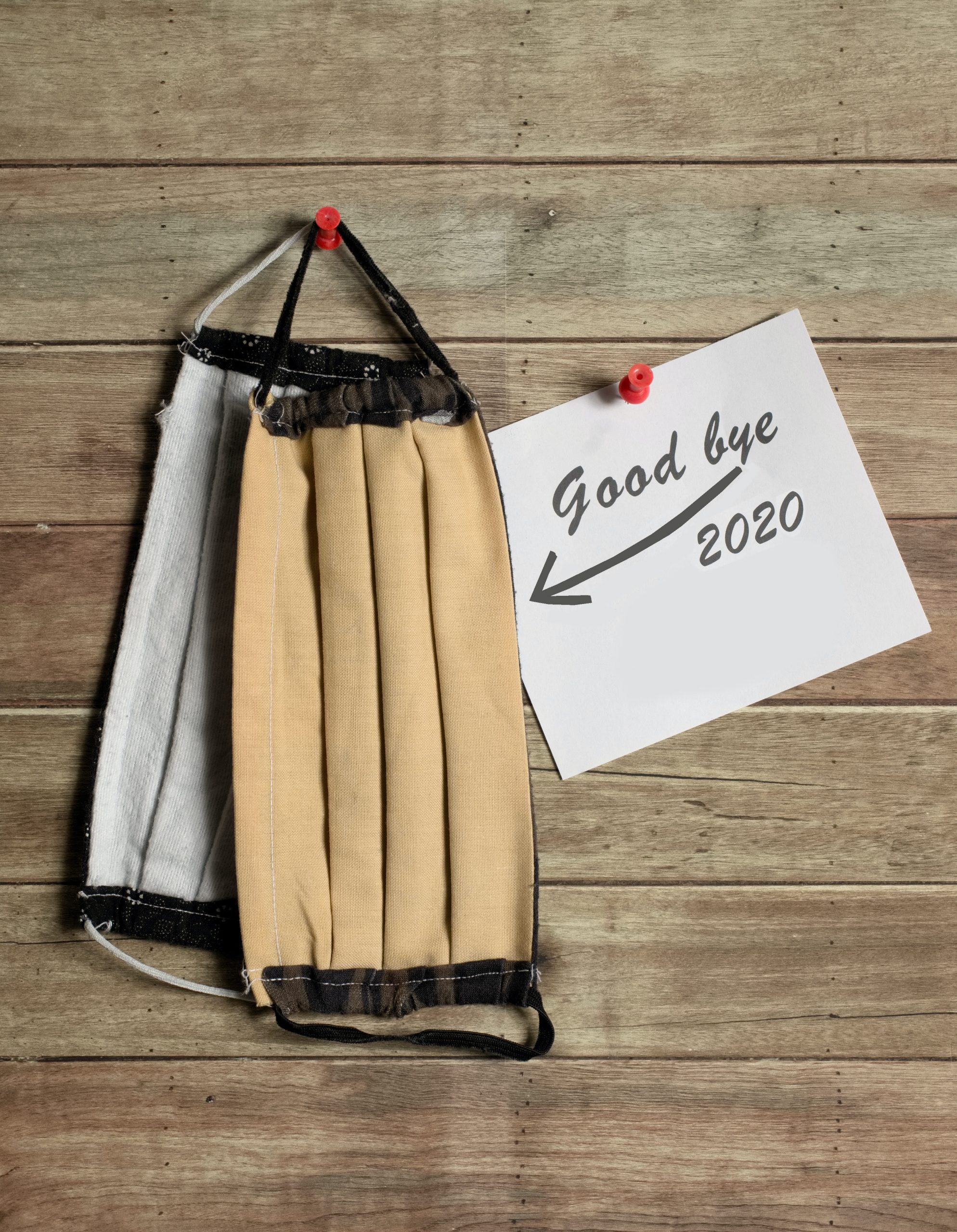Welcome back to Visalawyerblog! In this post we bring you some breaking news about what you can expect to see from the Biden administration with respect to immigration in the coming days.
Tomorrow January 29th President Biden is expected to issue several important executive orders and memorandums aimed at reversing former President Trump’s damaging policies on immigration.
It is rumored that as part of these new orders, the President will be rescinding Proclamations 10014 and 10052.
As you may recall, Proclamation 10014 established a 60-day ban on the issuance of visas worldwide for a wide variety of immigrants including those who (1) were outside of the United States as of April 23rd and (2) who did not have a valid immigrant visa or official travel document as of that date.
Prior to its expiration, the President signed Proclamation 10052 to extend enforcement of Proclamation 10014 and expanded the categories of immigrants affected.
Overview of Proclamation 10014
When Proclamation 10014 was first issued on April 22, 2020, it rocked the world of immigration because of the wide variety of immigrants that were swept up in its grasp.
Among those impacted were the following classes of immigrants applying for a visa at a United States Consulate or Embassy abroad from April 23, 2020 to the present:
- Spouses and children of green card holders (US citizens were not affected) applying at the consulate
- Parents of US citizens applying at the consulate
- Brothers and sisters of US citizens applying at the consulate
- Sons and daughters (meaning over 21 years old) of US citizens applying at the consulate (children under 21 years old of US citizens were not affected)
- Sons and daughters (meaning over 21 years old) of green card holders applying at the consulate
- EB1A extraordinary abilities and their family applying at the consulate
- PERM EB3, PERM EB2, NIW employment based and their family applying at the consulate
- EB4 religious workers immigrants applying at the consulate
- H1B and H4 dependents applying at the consulate
- L1 and L2 applying at the consulate
- J1 applying at the consulate
 Visa Lawyer Blog
Visa Lawyer Blog











